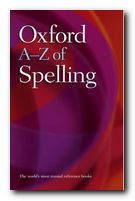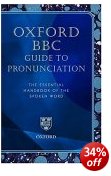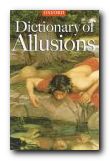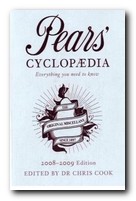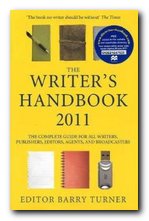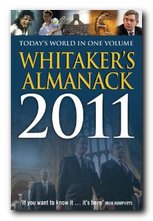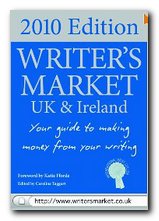dictionary of twentieth century slang terms
This is basically a cut-down and updated version of Eric Partridge’s Dictionary of Slang and Unconventional English which was originally published in 1937 and is now in its eighth edition. This version contains only terms known to have arisen during the twentieth century, and 1,500 new terms have been added – many from the 1980s and 1990s. A lot of the slang terms we think of as recent actually date back as far as the seventeenth and eighteenth century. Grub dates back to the time of Oliver Cromwell, and to knock off comes from the early 18C. The editor Paul Beale has maintained Partridge’s scholarly approach by citing his sources.
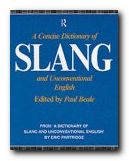 This gives the reader every reason to feel confident in the definitions and authenticity of what he offers. There’s quite a lot of technical slang from various occupations, and armed forces jargon here – and not a lot of the sexual and bodily function slang you get in something like Roger’s Profanisaurus. In that sense, it’s a broader and polite companion piece to the more scurrilous collections (which are more entertaining).
This gives the reader every reason to feel confident in the definitions and authenticity of what he offers. There’s quite a lot of technical slang from various occupations, and armed forces jargon here – and not a lot of the sexual and bodily function slang you get in something like Roger’s Profanisaurus. In that sense, it’s a broader and polite companion piece to the more scurrilous collections (which are more entertaining).
There’s a huge bibliography of printed sources, and a rather interesting appendix which gives notes on special sub-sets of slang, ranging from bird-watchers to tiddlywinks players, and from backslang to Spanglish and Tombola. It also includes slang from public schools, jazz idioms, and an amazing list of railwaymen’s slang and nicknames.
A typical entry gives the flavour and an idea of the scholarly approach:
floater. A mistake, a faux pas; a moment of embarrassment; university s. (circa 1910), by 1929 (Wodehouse), gen, to the upper and middle classes. Lunn, 1913; Knox, 1934, ‘It produced…in the original and highly esoteric sense of that term, a “floater”.’ Perhaps because it cannot be recalled, though perhaps suggested by faux pas slurred to föper; cf., however, float, v.,2.—2. Esp. in floaters and mash, sausages and mashed potatoes: RAF: since circa 1920.—4. A meat pie in a plate of peas or gravy: Aus.:later C.20. Wilkes.—See:-
floaters. Spots before the eyes: since circa. 1950 or a decade earlier . (Weekend 21 May, 1969.) Also known as flying flies.
Pinning down slang in print is never going to be easy, but having a cheap and accessible version of a classic resource available is very reassuring. Eric Partridge was an independent, a radical, and a one-off – and his publications are well worth keeping alive.
© Roy Johnson 2000
Paul Beale (ed), Concise Dictionary of Slang and Unconventional English, London: Routledge, 1999, pp.534, ISBN: 0415063523
